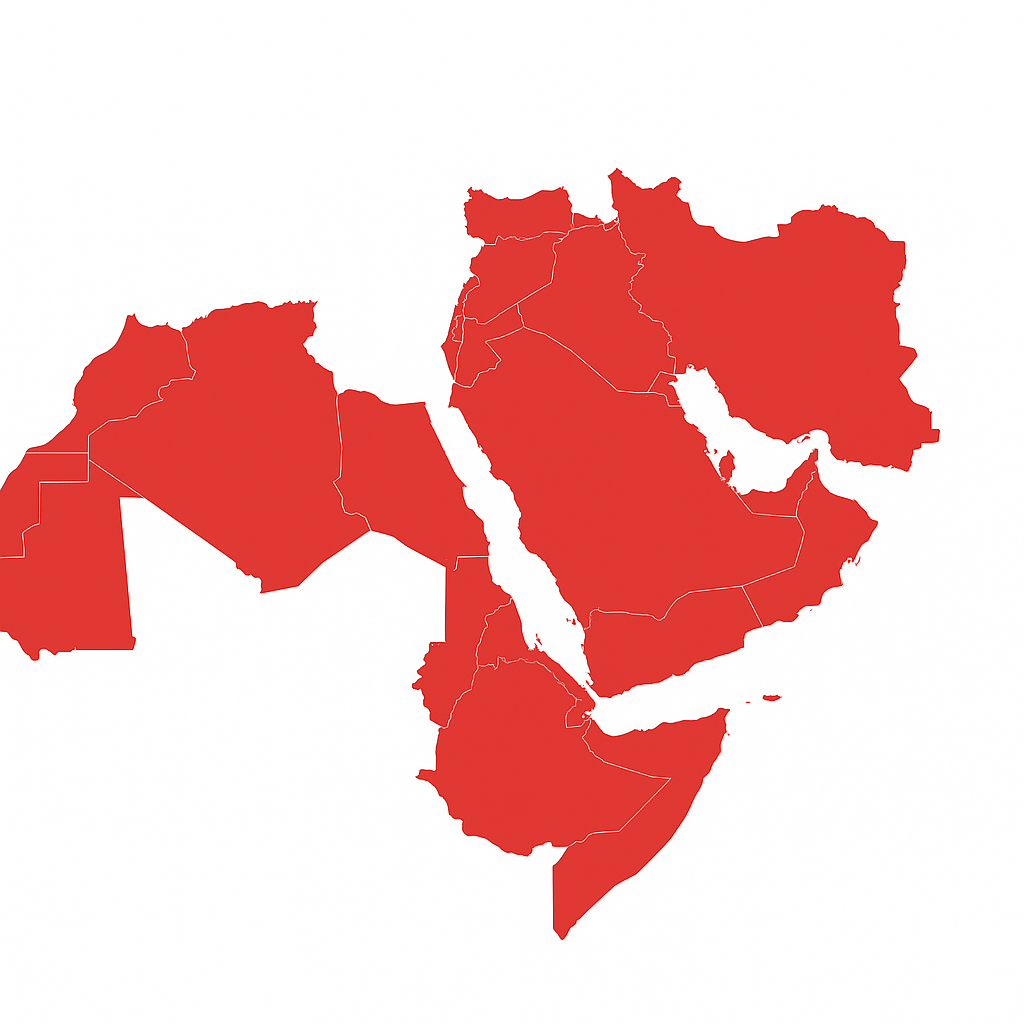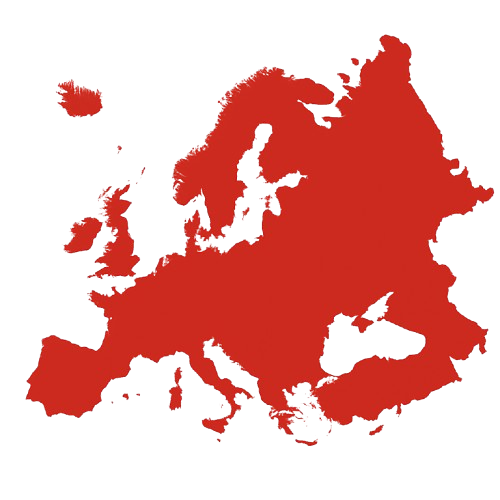Riyadh Expo 2030: Catalyzing Growth, Jobs, and HR Demand Across the Gulf
Saudi Arabia’s win to host Expo 2030 Riyadh – themed “Foresight for Tomorrow” – marks a major milestone for the region. This six-month World Expo (Oct 2030–Mar 2031) will bring together over 195 countries with cutting-edge exhibits on technology, sustainability and culture. Expected attendance tops 40 million visitors, making it comparable in scale to Expo 2020 in Dubai. The Expo is embedded in Saudi Vision 2030 – the kingdom’s roadmap for economic diversification – and is explicitly designed to showcase innovation and global partnerships. By driving billions in investment and massive new tourism flows, Riyadh Expo 2030 is projected to inject a historic economic boost into Saudi Arabia and its GCC neighbours.
Massive Investment and GDP Boost
Analysts forecast an extraordinary economic impact from the Expo. According to Al Rajhi Capital Research, the total gross value added (GVA) from Riyadh Expo 2030 could reach about SAR 355 billion ($94.5 billion) – roughly 19% of Saudi Arabia’s 2023 non-oil GDP – with an annualized gain of about 0.75% over 25 years. Saudi’s sovereign wealth fund (PIF) confirms this scale: during the development and build-out phases, Expo 2030 Riyadh is expected to contribute about $64 billion to GDP while creating around 171,000 direct and indirect jobs. An additional $5.6 billion per year would accrue once the Expo is operational. Government budgets and the private sector are gearing up accordingly – the Saudi master plan allocates roughly $7.8 billion for Expo infrastructure and venues, and PIF has formed a dedicated company (Expo 2030 Riyadh Co.) to build and operate the site. Together, these investments will have far-reaching effects on construction, finance, tourism and more.
Tourism, Infrastructure and Business Expansion
Building and hosting an expo of this size requires massive infrastructure. The purpose-built Expo site will cover about 6 million square metres in north Riyadh – one of the largest Expo grounds ever – with links to the future King Salman International Airport and the expanding Riyadh Metro. Saudi planners are already racing to add around 100,000 hotel rooms to accommodate visitors, and urban projects from new roads to green districts are underway. In many ways, Riyadh is following Dubai’s playbook (Dubai built a permanent “Expo City” after Expo 2020) but on a still larger scale.
The timing is opportune: Saudi tourism is booming. The kingdom welcomed 106.2 million visitors in 2023, far surpassing initial Vision 2030 goals, and is aiming for 150 million by 2030. New visa-free entry policies (for 66 countries) and the launch of Riyadh Air have expanded international access. Inbound tourism spending hit a record SR153.6 billion ($40.9 billion) in 2024 – a 13.8% year-on-year jump – propelling the travel sector to a large surplus. The Expo is expected to amplify this momentum: for example, the Expo alone is projected to generate roughly $94.6 billion in economic impact, encompassing not just the event itself but follow-on tourism and investment. In effect, millions of new visitors to Riyadh will also boost business travel, hospitality, and leisure industries across the Gulf. Gulf states’ airlines, hotels and tour operators are already eyeing coordinated packages that link Saudi, UAE, Qatar and other destinations, especially as plans for a unified GCC tourist visa near fruition.
Job Creation and Workforce Trends
The Expo will be a major jobs engine for the region. In Saudi alone, about 171,000 new positions are expected during the build-out (engineering, construction, hospitality, and more). Once running, thousands more jobs in marketing, operations and services will be needed on an ongoing basis. Key sectors poised to hire include:
- Construction and Engineering – Infrastructure demand (roads, buildings, utilities) will rise sharply. Demand for construction materials, heavy equipment and engineering talent will accelerate.
- Hospitality and Tourism – Hotels, restaurants, entertainment venues and attractions will need thousands of workers (front-desk staff, chefs, tour guides, etc.) as visitor numbers climb. Average daily room rates are expected to increase with occupancy, spurring more hotel investment.
- Events and Media – Event planners, security personnel, translators, and media/PR teams will be in demand to manage a global-scale expo. In fact, marketing agencies and advertising firms are primed for a boom: new campaigns and branding around the Expo will “spur demand” for advertising services.
- Finance and Services – The banking sector expects strong loan growth as projects are financed, while legal, consulting and corporate service providers will see new clients among the many foreign and domestic companies entering the market.
- Transport and Logistics – With up to 40 million visits, logistics firms (shipping expo exhibits, goods and supplies) and transit workers (metro operators, drivers, airline crews) will be busier than ever. Cargo volumes will swell, benefiting ports and airlines, and new public transit capacity must be staffed.
- Technology and Innovation – Expo themes highlight AI, clean energy and digital infrastructure. Tech companies and start-ups involved in these areas will expand, requiring R&D staff, programmers, and specialists in data and smart-city tech.
This broad hiring spree dovetails with Saudi and GCC labor trends. Saudi unemployment among nationals has dropped to around 7% (a record low) as Vision 2030 reforms take hold. The government has dramatically increased local workforce participation: female labor share has risen from 17% a few years ago to over 35%, on track toward a 40% goal by 2030. GCC-wide, the labour force totals some 31.8 million (about 54% of the population), and member states are promoting localization policies (Saudi “Saudization”, Omani “Omanization”, etc.) to boost hiring of nationals. Expo 2030 aligns with these goals: by creating jobs in tourism, construction and services, it will absorb many young nationals into the private sector. The Expo also promises initiatives to empower women and youth in the workforce, echoing the event’s subtheme of “Prosperous People.”
Opportunities for Human Resource and Manpower Providers
For human resource providers, manpower agencies and recruitment firms, the Expo is a game-changing opportunity. Companies across the region will urgently need to hire, train and deploy large, diverse teams – from engineers to hotel staff to event personnel – and many businesses will turn to professional HR services to meet this demand at scale. Staffing agencies will be hired to source skilled foreign talent as well as prepare local hires. Payroll and outsourcing firms (EORs/PEOs) expect new contracts to manage employment logistics for multinational pavilions and contractors. With Saudization and similar Gulf localization targets, HR firms will play a key role in training Saudi nationals (and GCC nationals) to fill technical and service roles.
The Expo’s ripple effect also means cross-border workforce cooperation: GCC-wide labour mobility makes it easier for agencies in the UAE, Qatar or Oman to supply workers for Saudi projects and vice versa. For example, if a GCC “common visa” or unified tourism permit comes into force, this will allow hospitality and event staff to move more freely between Riyadh and Emirates. HR providers in the Gulf are already adapting – developing specialized recruitment drives, reskilling programs and even AI-based talent platforms to match the surge in manpower needs. In short, every niche from executive search to temporary staffing is set to see growth, as expo contractors and service providers ramp up hiring.
Regional Synergies and Lasting Legacy
Riyadh Expo 2030 is not just a Saudi story; it promises to lift the whole Gulf economy. By attracting global corporations and investors to the region’s biggest market, the Expo will generate business opportunities for neighboring countries. Gulf companies in construction, tourism, logistics and technology can bid on Expo-linked projects or form partnerships. The expectation is that Saudi Arabia will emerge as an even stronger trade and travel hub – a benefit shared by GCC partners.
Importantly, Expo pavilions can become permanent showcases. Participating nations (including GCC neighbors) have the option to build permanent pavilions on the site, fostering long-term commercial ties and follow-on investments. Just as Expo City Dubai has become a year-round campus, Riyadh’s expo site will be converted into a “Global Village” with retail, hospitality and innovation centers. This enduring infrastructure will continue to support jobs and economic activity well after 2031.
Overall, the Gulf Cooperation Council can expect a decade-long boom from this mega-event. Gulf economies have collectively pursued diversification and major events (e.g. Dubai’s expos, Qatar’s World Cup) to drive growth; Riyadh Expo adds to that momentum. With coordinated policies (like a unified visa) under discussion, the region is positioning itself as an integrated hub for tourism and business through 2030 and beyond.
In summary, Expo 2030 Riyadh is a powerful catalyst for GCC growth. It will pump billions into infrastructure and create hundreds of thousands of jobs across sectors, especially in tourism, construction, tech and services. The ripple effects – higher visitor spending, new business ventures, and sustained development – will be felt throughout the Gulf. For the workforce, this means unparalleled opportunities, and for manpower providers and HR firms it means a surge in demand for their services. As Saudi Arabia transforms Riyadh into a global platform, the Expo is set to reshape the Gulf’s economic and employment landscape for years to come.





